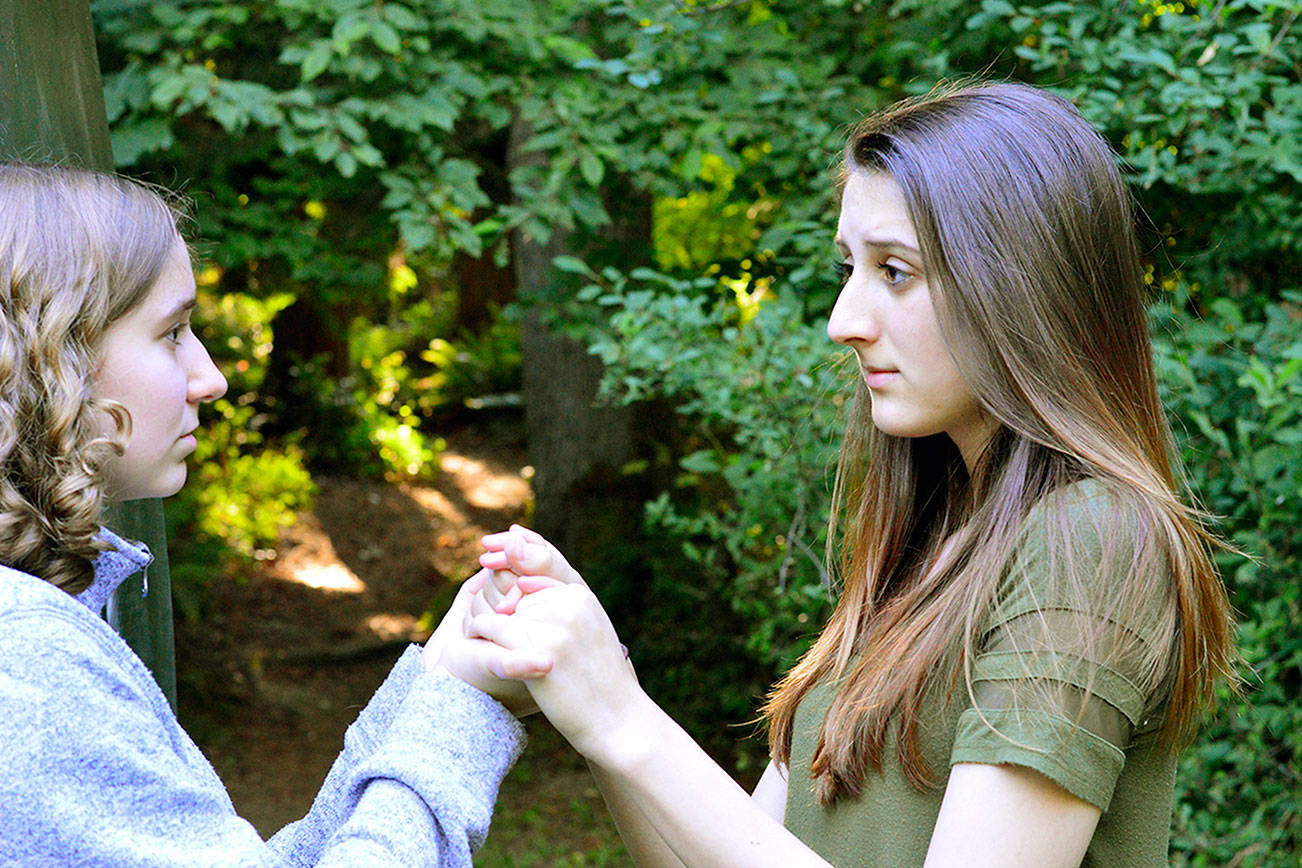


Now he’s a proper national poet - all that stirring stuff about Scots wha hae wi’ Wallace bled, that passionate address to the haggis, all those songs about and for the great whisky-appreciating egalitarian fraternity of Scotsmen everywhere. The first properly national monument to Shakespeare, his statue in Westminster Abbey, was installed only in 1740, round about the time a small club began holding an annual dinner to celebrate his birthday on April 23 – which is definitely St George’s Day, feast of England’s patron saint, but is less definitely Shakespeare’s birthday, since we only know that he was baptised on the 26 and that Elizabethans generally christened their babies at about two or three days old.Īppropriate birthday or not, Shakespeare actually delivers very few of the things countries generally want from their national poets: patriotic invocations of past heroes, rousing poems suitable for use as national anthems, hymns of praise to the native landscapes of their childhoods, vivid representations of their native cultures by which foreigners might learn to admire their homelands. Of which country is William Shakespeare the national poet? This isn’t a trick question: he was born in 1564 during the reign of Elizabeth I, the last Anglo-Welsh queen of England, but when he died in 1616 he was a subject of James VI and I, the Scottish king of a new entity tentatively called Britain which didn’t yet legally exist.


 0 kommentar(er)
0 kommentar(er)
